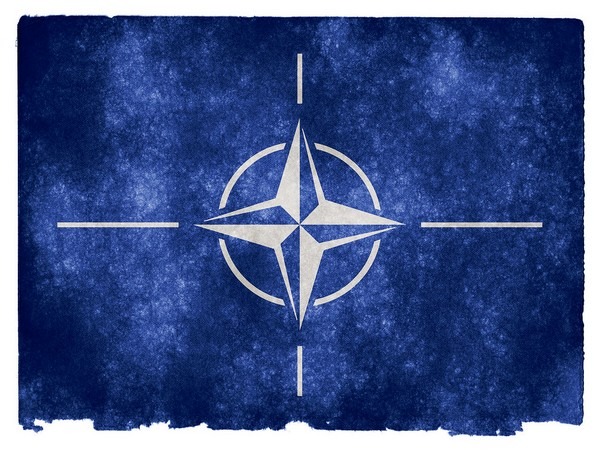Ukraine strikes may have hit 15% of Russian refinery capacity - NATO official
Ukrainian strikes on Russian refineries may have disrupted more than 15% of Russian capacity, a NATO official said on Thursday, adding that the alliance believed Moscow still lacked sufficient munitions and manpower to launch a successful offensive.

Ukrainian strikes on Russian refineries may have disrupted more than 15% of Russian capacity, a NATO official said on Thursday, adding that the alliance believed Moscow still lacked sufficient munitions and manpower to launch a successful offensive. Russia and Ukraine have both used drones to strike critical infrastructure, military installations and troop concentrations in their more than two-year-old war, with Kyiv hitting Russian refineries and energy facilities in recent months with some strikes entering 1,000 km (620 miles)into Russian territory.
"In terms of damage, the strikes have probably disrupted more than 10% of Russia's refinery capacity, maybe more than 15%. Depending on the extent of the damage, repairs could take considerable time," the official told reporters on condition of anonymity. "Fewer and fewer of these types of Russian energy, critical infrastructure...are safe from potential strikes," the official said.
According to Reuters calculations, around 14% of Russia's refining capacity has been shut down by drone attacks. Damaged Russian refineries will get back to normal operations by early June, Russian Energy Minister Nikolai Shulginov said, quoted by Interfax news agency.
HEAVY LOSSES The NATO official said Russia was recruiting about 30,000 people a month to absorb heavy losses, but that while it maintained a significant advantage over Ukraine in terms of munitions, manpower and equipment, it was unlikely to accomplish any major breakthrough in the immediate term.
"They're likely to be unable to mount any mount any significant offensive operation without another large-scale mobilisation," the official said, adding that Moscow also had to handle its own munitions' shortages. Russia has stepped its attacks on civilian infrastructure in recent weeks and a drone attack on Thursday struck residential buildings in the city of Kharkiv and an energy facility in the surrounding region, killing several people and severing power for 350,000 residents, Ukrainian officials said.
The official said Moscow was likely to ramp up such strikes as it sought to degrade Ukraine's air defence capabilities. At a NATO foreign ministers meeting in Brussels on Thursday, Ukraine's Foreign Minister Dmytro Kuleba pleaded for alliance to free up available Patriot air defence systems.
"We expect they will likely continue to advance missile and drone strike packages to penetrate Ukrainian air defences and place pressure on Ukrainian air defense deployments, underlining the criticality of our aid for these systems to protect the Ukrainian facilities," the NATO official said. Moscow has turned to its allies, notably North Korea and Iran, to provide it with more weapons, including ballistic missiles.
When asked whether NATO had seen the transfer of Iranian ballistic missiles to Russia, the official said the alliance did not have that they had yet, but expected Tehran to go through with the transfer once mutual beneficial terms were agreed between the two sides. "Iran has indicted it intends to do so and that it will ship ballistic missiles to Russia and we have no reason to believe they won't follow through on that," the official said.
Iran has denied already providing ballistic missiles to Russia after Reuters reported that it had provided Moscow with a large number of powerful surface-to-surface ballistic weapons, deepening military cooperation between the two U.S.-sanctioned nations.
(This story has not been edited by Devdiscourse staff and is auto-generated from a syndicated feed.)
ALSO READ
House Speaker Mike Johnson advocates for foreign aid package to support Israel, Ukraine, and Taiwan
China plays backstop to Russia's war against Ukraine
Ukraine says it downs all nine drones launched by Russia
EXCLUSIVE-Ukraine man's torture case against Russians seeks justice in Argentina
EXCLUSIVE-Ukraine sees 2024 grain crop falling about 10% to 52 mln T










